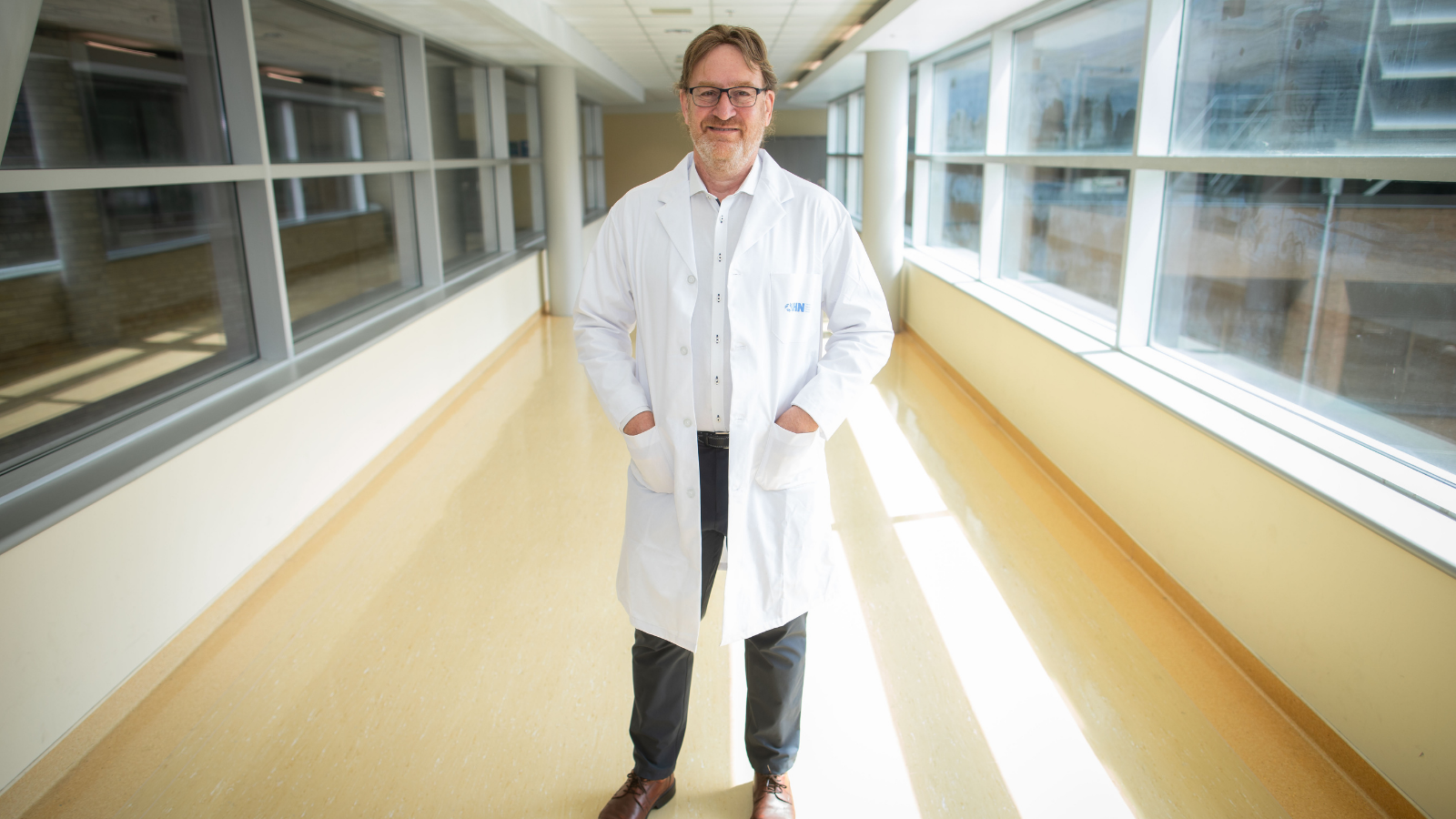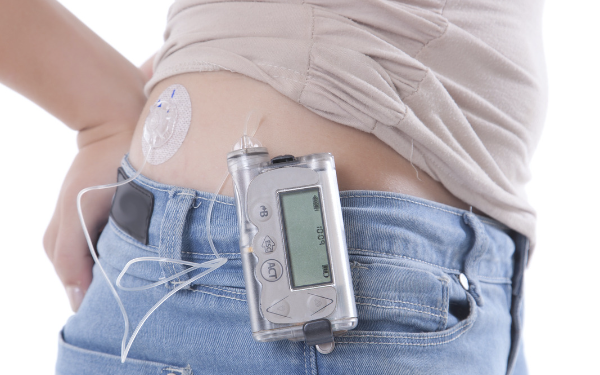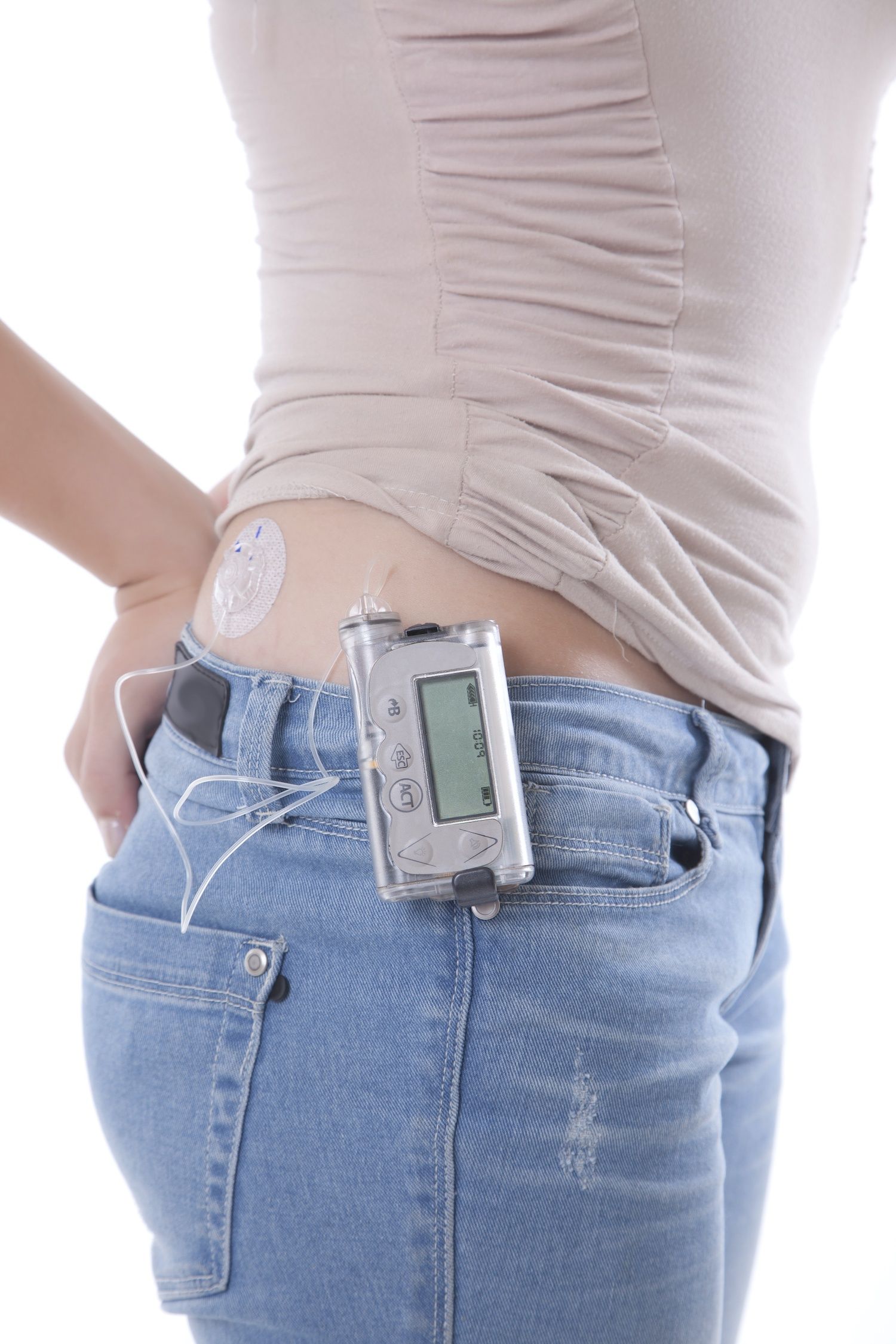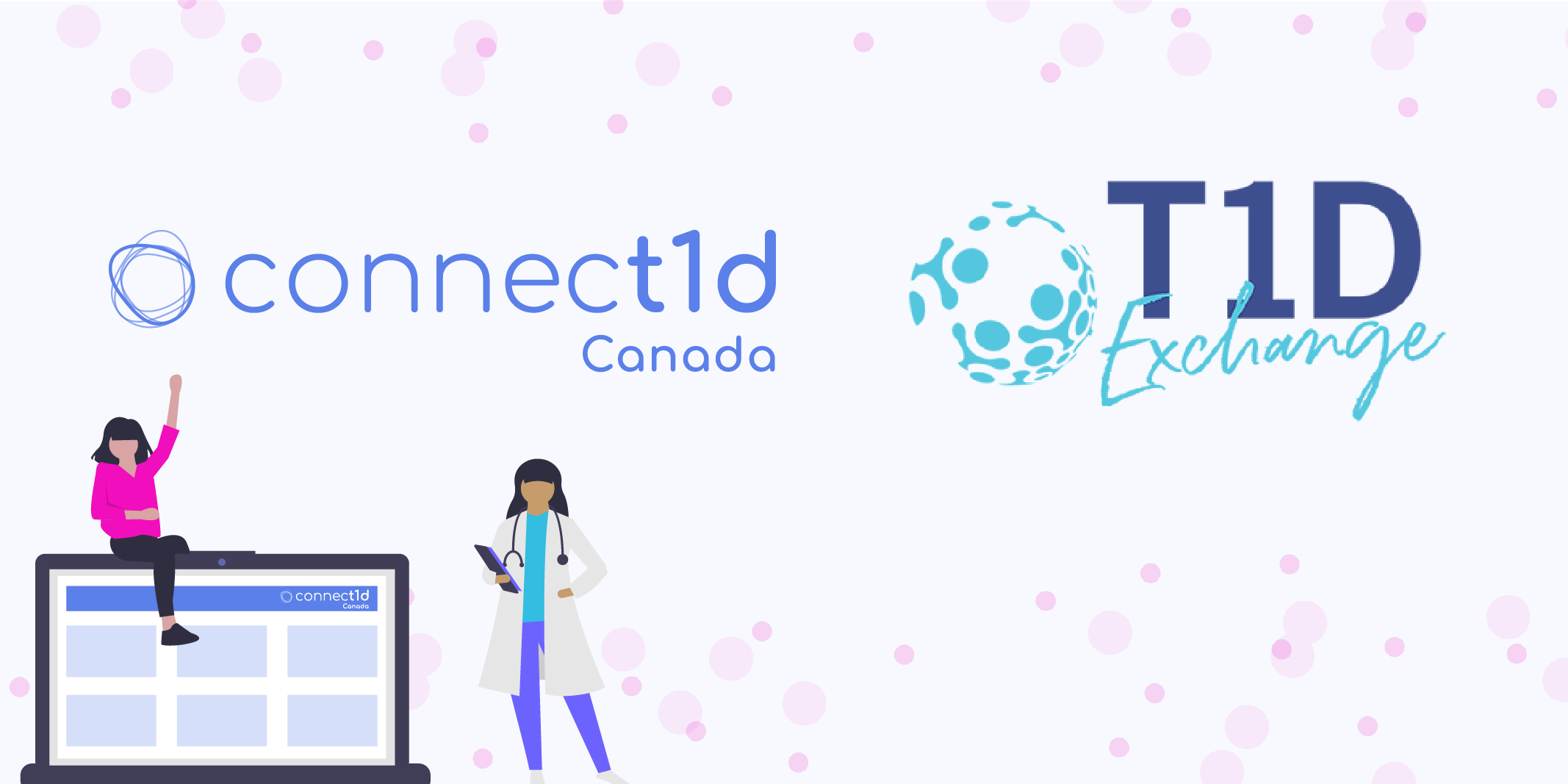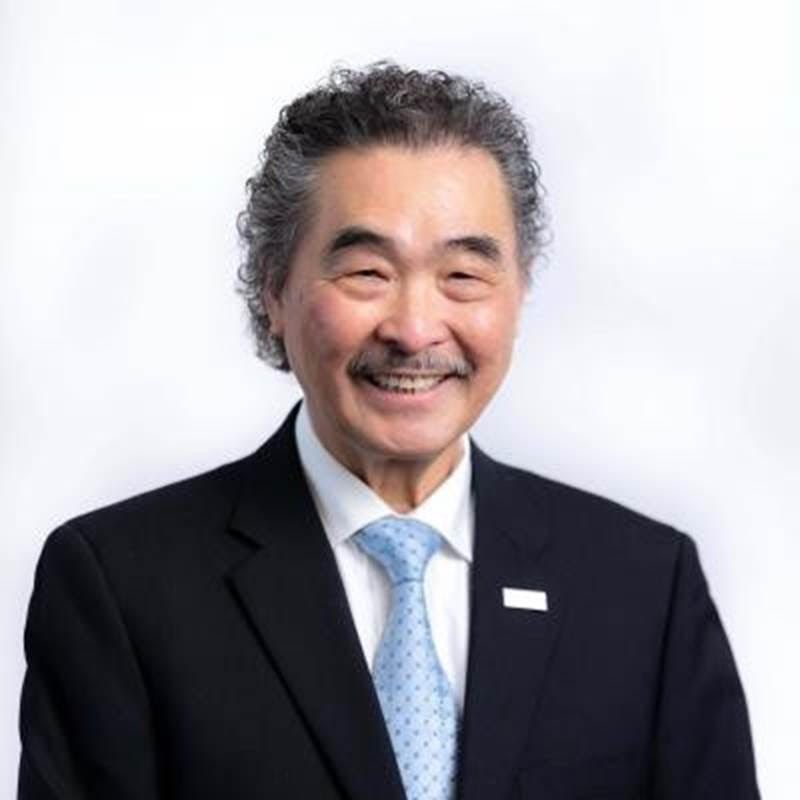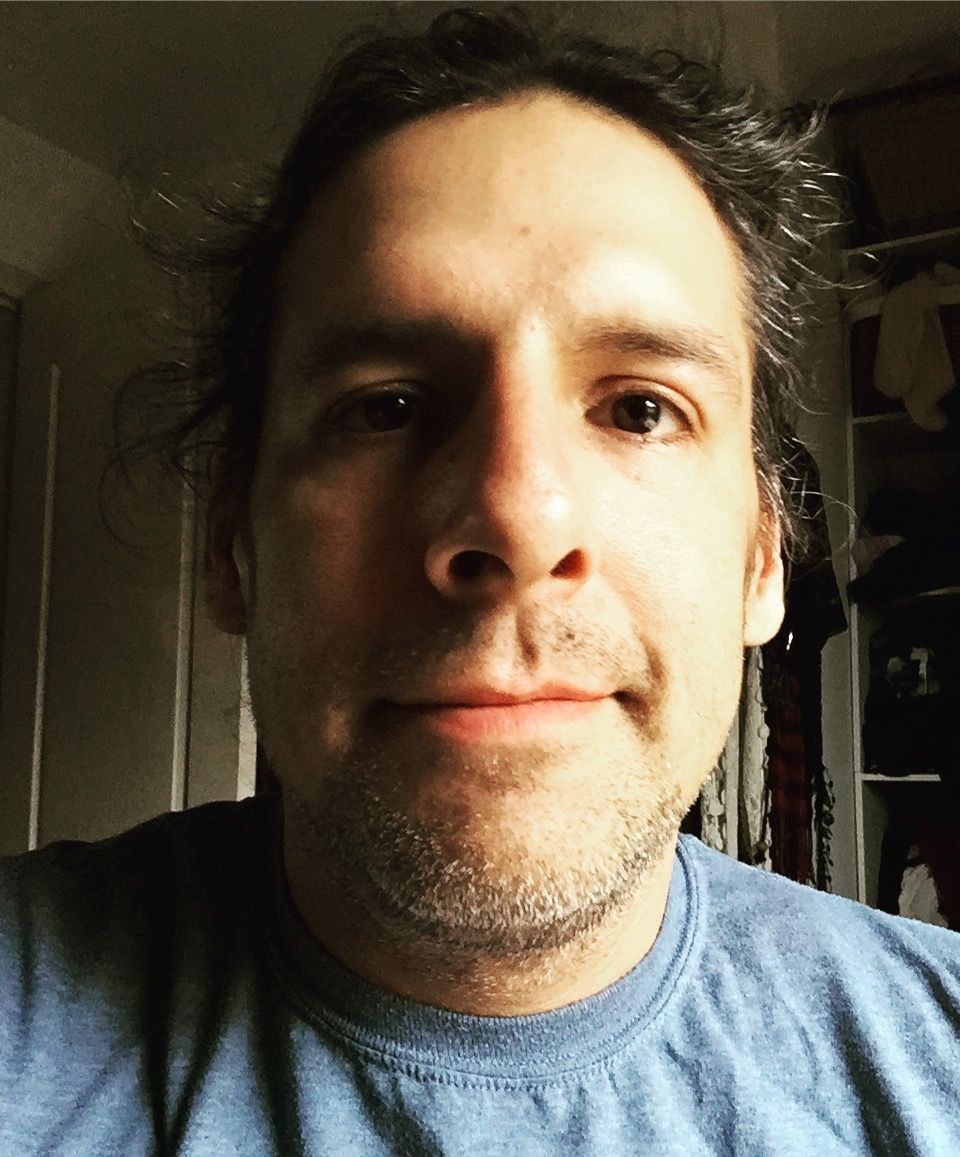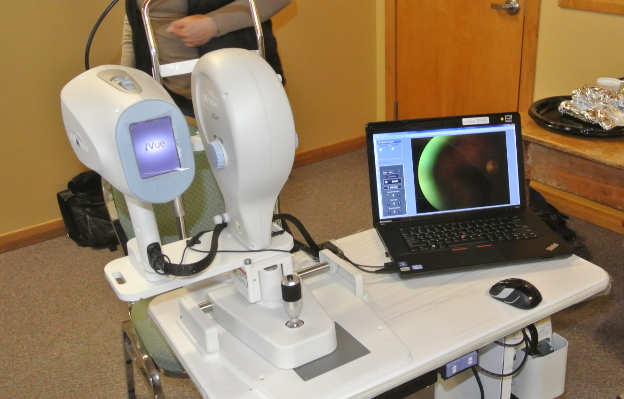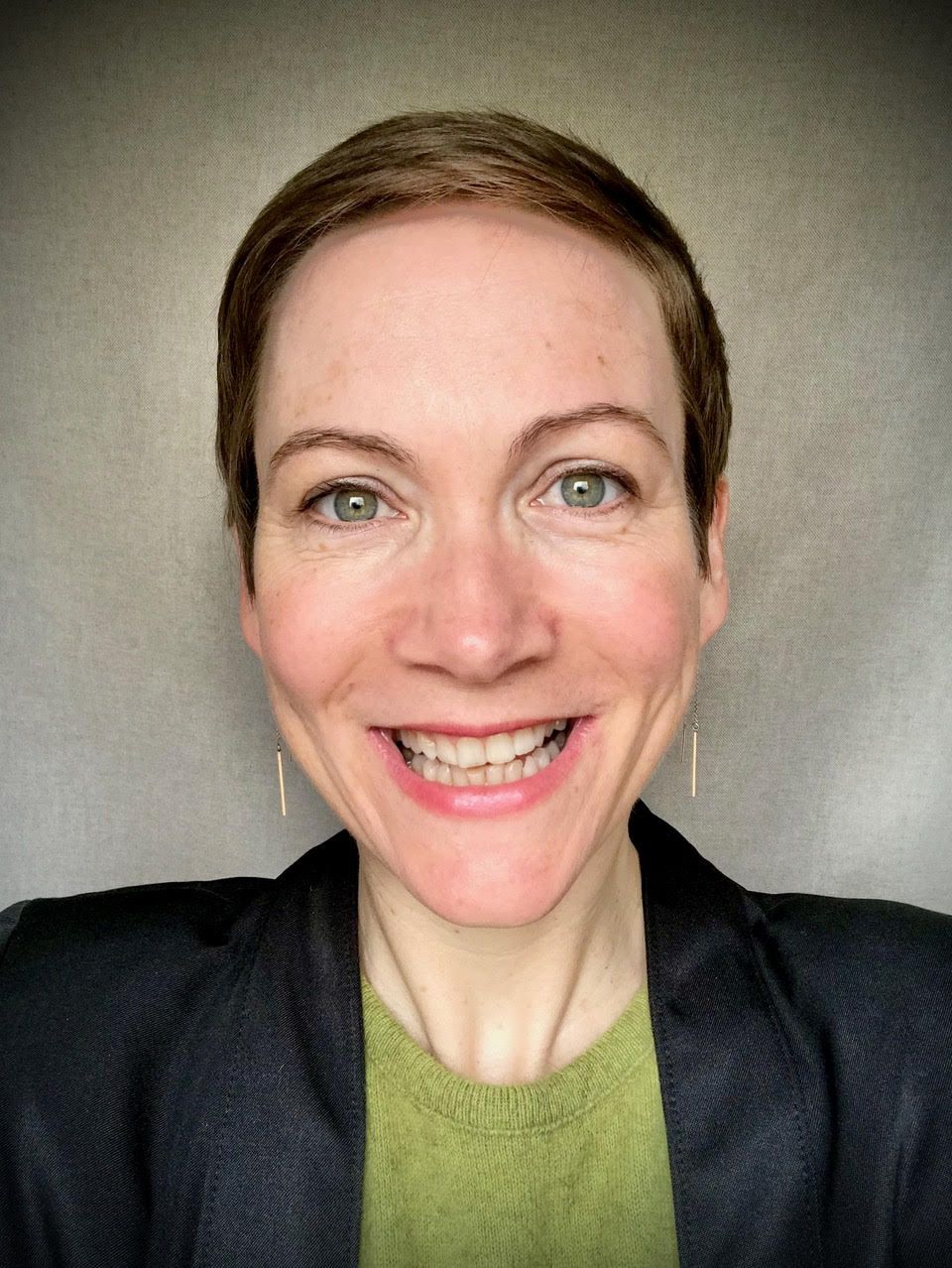Connect1d Canada, a digital platform that allows those with type 1 diabetes (T1D) to easily learn about and participate in innovative research programs from across Canada, is pleased to announce their partnership with the U.S.-based T1D Exchange, a non-profit organization that drives meaningful research and innovation in the treatment of type 1 diabetes.
The T1D Exchange Registry is an online research study open to people living with T1D in the US. To date, the Registry has more than 16,000 members. The Registry tracks patient-reported disease progress over time, and also connects patients to other research opportunities for their consideration.
This partnership allows both organizations to share learnings and expertise, and to discuss strategies, successes and challenges in supporting better outcomes for people with T1D across North America. The teams are using this collective knowledge to improve the experience for all those with T1D who would like to take part in research.
“T1D Exchange has highlighted key challenges faced by people living with Type 1 diabetes that must not be ignored. I am excited that this partnership with Connect1d Canada will be a key step in better addressing the needs of Canadians with T1D,” says Dr. Peter Senior, an endocrinologist, Director of the Alberta Diabetes Institute and the Charles A. Allard Chair in Diabetes Research, who is the scientific co-lead for Connect1d Canada.
“We are excited to join forces with Connect1d Canada in an effort to amplify both initiatives and to increase participation in research,” said Wendy Wolf, PhD, VP of the T1D Exchange Registry. “Collecting the voices and experiences of those living with T1D provides a more complete picture than relying on clinical data alone.”
The Connect1d Canada platform was developed in partnership with those living with T1D and is supported by the Diabetes Action Canada research network. Diabetes Action Canada’s mandate ensures that every research program it supports has people living with diabetes at the table from conception to implementation. For Connect1d Canada, this has meant intensive consultation with the T1D community and having Patient Partner Kate Farnsworth as a co-lead on the project.
Working with the T1D Exchange will ensure a range of new and diverse experiences and opinions from across North America can be considered as the organizations work towards the shared goal of accelerating the T1D research process, especially in groups that are not typically engaged in research.
Researchers and those with T1D in Canada can now register with Connect1d Canada.
People with T1D in the U.S. can register with the T1D Exchange.
Media inquiries from Canada:
Krista Lamb
Communications Lead, Diabetes Action Canada
Kristalamb@gmail.com
647-403-5627
Media inquiries from the U.S.:
Deborah Taylor
Director of Marketing, T1D Exchange
dtaylor@t1dexchange.org
617-671-0450
About Connect1d Canada
Connect1d Canada is a digital platform that allows those with type 1 diabetes (T1D) to easily learn about innovative treatments from across Canada while contributing to clinical research in the areas that matter most to them. Connect1d Canada also allows researchers to recruit and engage with patients with greater ease, thereby improving the research process by accelerating recruitment and opening up research opportunities to a more diverse group of Canadians living with type 1 diabetes. Developed and designed with our patient-partners, Connect1d Canada was created by and for the T1D community with the goal of revolutionizing the way research is conducted.
About Diabetes Action Canada
Diabetes Action Canada is a pan-Canadian research organization, launched in 2016, funded by the Canadian Institutes of Health Research’s Strategic Patient-Oriented Research program, non-profit organizations (e.g. Diabetes Canada, JDRF), and private sponsors, over 5 years. Diabetes Action Canada focuses on bringing patients, their caregivers and researchers together to identify the health concerns of those living with diabetes and to co-create research projects that address these concerns. We partner and collaborate with university research teams across Canada, non-profit organizations such as JDRF and Diabetes Canada, and provincial governments to plan, execute and evaluate these research projects so we can improve patient outcomes and experiences.
About T1D Exchange
T1D Exchange is a leader in harnessing data to advance type 1 diabetes (T1D) care and outcomes by driving collaborative change. Through real-world evidence and clinical data collection and analysis, our novel insights are identifying gaps in data and redefining best practices to improve the lives of those living with T1D. T1D Exchange actively supports quality improvement and innovation through its Quality Improvement Collaborative, patient registry, and data-oriented research services. Through a knowledge–sharing and collaboration-focused approach, T1D Exchange is accelerating real-world impacts by providing clinicians, researchers, industry partners and advocates with the resources and services they need for better decision support and population health management. A non-profit organization, T1D Exchange was established in 2010 with ongoing support from The Leona M. and Harry B. Helmsley Charitable Trust.
About the T1D Exchange Registry
The T1D Exchange Registry is a research study conducted online over time, designed to foster innovation and improve the lives of people with T1D. The platform is open to both adults and children with T1D living in the U.S. Personal information remains confidential and participation is fully voluntary. Once enrolled, participants will complete annual surveys and have the opportunity to sign up for other studies on specific topics related to T1D. The registry aims to improve knowledge of T1D, accelerate the discovery and development of new treatments and technologies, and generate evidence to support policy or insurance changes that help the T1D community. By sharing opinions, experiences and data, patients can help advance meaningful T1D treatment, care and policy.
The T1D Exchange Registry is simple to navigate, mobile and user-friendly. For more information or to register, go to www.t1dregistry.org.


